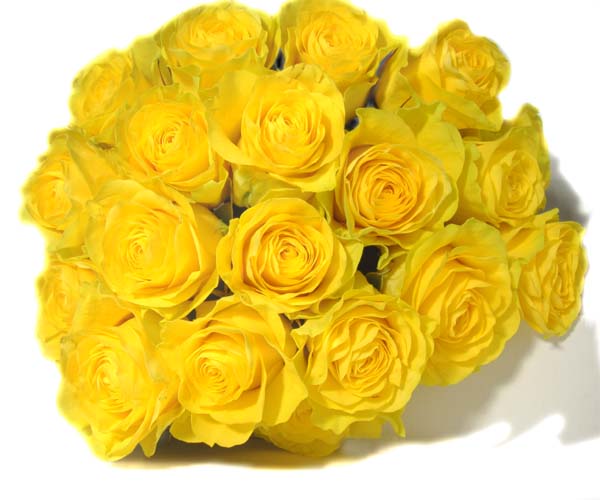The expectations and experiences that mothers face can be related to the type of care and the culture that the expectant mother is exposed to. The study, “Childbirth expectations and experiences in Belgian and Dutch models of maternity care” conducted by Wendy Christianens, Mieke Verhaeghe and Piet Brake (Journal of Reproductive and Infant Psychology, Vol 26, No 4, Nov 2008, 309-322, Department of Sociology, Ghent University, Belgium) sought to confirm how a mother’s exposure to societal norms, previous experiences, other people’s stories and the way their care giver attend to the perceived needs and expectations account for the actual event’s experience and the level of satisfaction on the mother’s behalf. Belgium and Dutch women develop different patterns of expectations during their pregnancies and tend to have diverging birth experiences according to the care provided to them during their gestational and postpartum periods. The researchers expected that Dutch women would have a more positive outlook about childbirth than Belgium women, though there was no expectation of difference of experiences versus expectation between Belgium and Netherlands due to the socialization processes as a function of the maternity systems.

The researchers used a variety previous data dating back from 1982 to present to determine how to conduct the study and what variables they would use. There was a questionnaire made to be distributed to women in both Belgium and Dutch Maternity care systems. There was one questionnaire given at about 30 weeks gestation and another given at 2 weeks postpartum. These questionnaires were used to determine the expectations and outcomes of the mothers, planning on birthing in a hospital setting or in a home or birth center setting. The fixed factors were time, country and place of birth.
In Dutch maternity care, it is common to have home births (30% of births), low medical intervention, and short hospital stays if the mothers do plan to attend hospitals. The Midwifery Model of care is used that is woman and baby centered, viewing birth as a normal, natural physiological process.
Belgium is contrasting in the way that home births are uncommon and the medical model of care is highly practiced having a 98% hospital birth rate. The society there sees birth as risky and that hospital births will ensure a safe delivery. Birth has become a medical event in need of supervision by specialists and it is common to use interventions such as epidural pain relief and surgical birth.
Data was collected within 4 groups of women. Women who planned their births in either the hospital or home in both Belgium and Dutch care systems. There were 5 hospitals and 27 midwifery practices with similar socio-economical factors. Midwives and Obstetricians asked their clients to participate. The main factors of eligibility were that they had to speak Dutch and be 18 years or older in age. The questionnaire was conducted in an anonymous manner.
The Questionnaire was designed to learn if the subjects felt anxious about the upcoming birth and labeled the choices as unknown, uncontrollable and unavoidable. The language of “expectation” meant that women had to answer about what they thought would happen, not what they hoped would happen. The outcomes of the score would show people with a higher number were feeling more negative towards their expectations and experience and the lower score would show more optimism.
Of the 827 questionnaires filled out during the prenatal stage, only 611 participated in the follow up questionnaire 2 weeks after birth, 265 were Belgium women and 346 were Dutch. Participating women were between the ages of 19 and 44, the mean being 31 years old. First time moms were 54% of the respondents and the study reported that more Belgium than Dutch women had a higher education with 77% of Belgian and 40.5% Dutch, though almost equal percentage (85%) of the women were employed. This raised a question for me personally about the way that higher education seems to be correlated with the increased use to medical intervention because of affordability or access to that kind of care.

The results show that both countries had a expectation that was more negative than the actual experience even though the expectation were significantly different between the subject groups. The results concluded that “expectations and experiences are positively associated and the relation is rather strong. Expectations are a strong predictor of a woman’s experience of childbirth.” In the majority of cases the experience was better than the woman’s predictions. Some of the significant findings were that women planning on giving birth at home had the lower scores showing less anxiety about the process and also showed a higher level of satisfaction after the birth had happened. This analysis conformed the hypothesis. What was also found in this study was that when replaced by the actual place of birth from the planned place of birth, the home birth subjects had a more positive experience than the hospital subject groups “showing that midwifery care is more satisfactory than care by doctors.” The findings were relevant to how policy is created when caring for pregnant women in a way that supports having a strategy to reduce negative experiences and is more encouraging of optimistic expectations. This would be a preventative approach that can be applied to maternity care systems worldwide.
The researchers approach was a functionalist approach. The research was based on the idea of how the maternity system functions effect the satisfaction of the people who are receiving care through it. I found this study to be very pertinent to my main focus of education which is midwifery. The level of satisfaction that a mother experiences through her birth effects many parts of society. Her ability to raise a healthy human being is essential to the integrity of the future of our survival on this planet. If she is dissatisfied, that experience can lead to depression, detachment, breastfeeding problems, marital issues just to name a few. The baby could suffer from neurological damage from a traumatic birth, not having a healthy mother or care giver, nutritional issues from not having built a strong breastfeeding relationship and social issues from lack of bonding due to birth trauma. These effects of birth on society are coming into a larger awareness as we are able to conduct more and more studies about the biology of birth and neurodevelopment and how our society benefits from cooperating with nature’s intended way of babies to be born. Additional research I would like to see on this subject is a longitudinal study of emotional and physical health of babies born in and out of hospitals, the rate of postpartum depression amongst women who have birthed in both settings and the incidence of long term emotional dysfunction (PTSD)from the women who viewed their birth in the higher negative range.
Kaire Downin 2012














